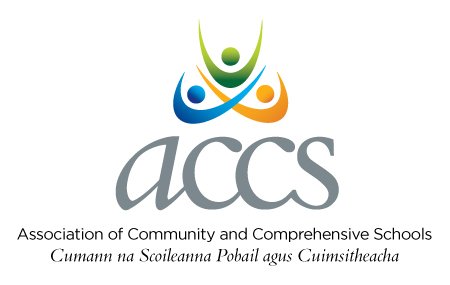DEIS – Delivering Equality of Opportunity in Schools
Last updated: Mon, Sep 9th, 2019 8:38:34 am
An Action Plan for Educational Inclusion
The DEIS programme, introduced in 2005, focuses on addressing the educational needs of children and young people from disadvantaged communities, from pre-school through second-level education (3 to18 years). Its frame of reference is based on the definition of "educational disadvantage" in the Education Act (1998) as:
"...the impediments to education arising from social or economic disadvantage which prevent students from deriving appropriate benefit from education in schools."
The DEIS programme incorporates the School Support Programme (SSP) which brings together other interventions for schools and school clusters/communities with a concentrated level of educational disadvantage, such as:
Junior Certificate School Programme Literacy Strategy
the Home/School/Community Liaison Scheme
the School Completion Programme (which is being funded under the National Development Plan with assistance from the European Social Fund)
In order to enable them to reach and undertake the Junior Certificate examination, students attending DEIS schools that are from educationally disadvantaged backgrounds and/or are viewed as being at risk of leaving school early may follow the Junior Certificate School Programme (JCSP). This programme offers schools and teachers a more flexible approach than a traditional subject-based curriculum.
A total of 200 post primary schools, including 26 Community and Comprehensive Schools, belong to the DEIS programme. These schools are expected to prepare and implement a DEIS plan with specific objectives relevant the needs of their particular communities. The implementation of this plan is subject to inspection by the DES at regular intervals.
A particular funding and staffing programme is in place to support these schools in their efforts.
Full details of the DEIS scheme may be accessed on the DES website at:

